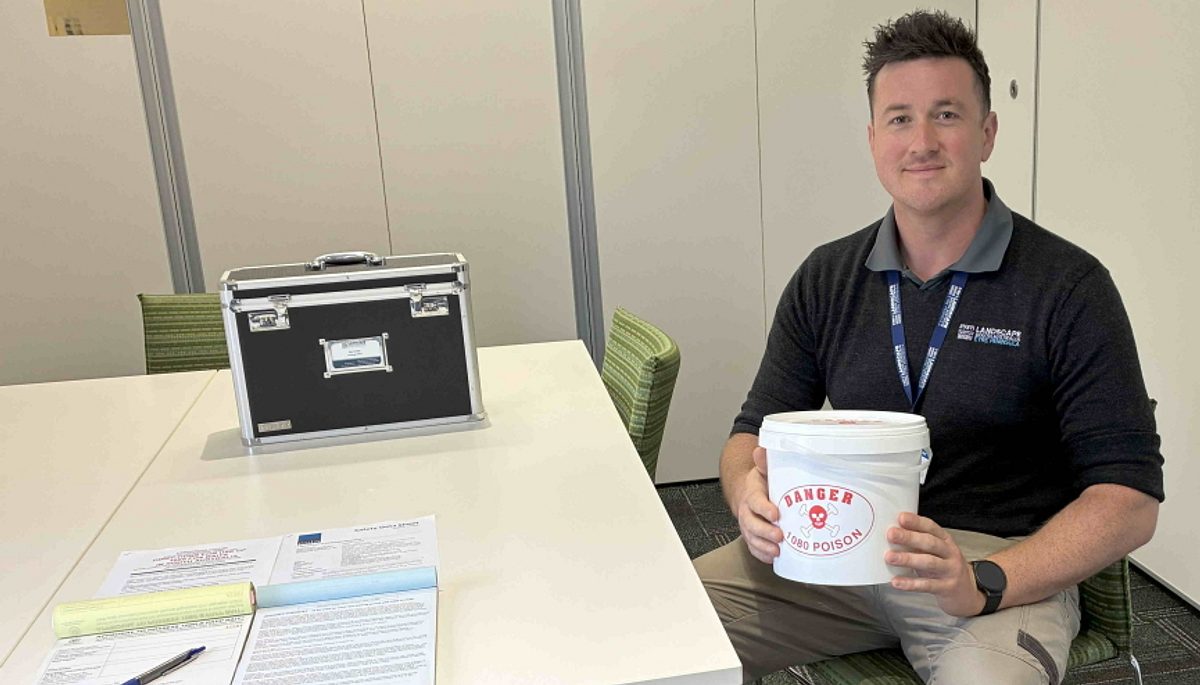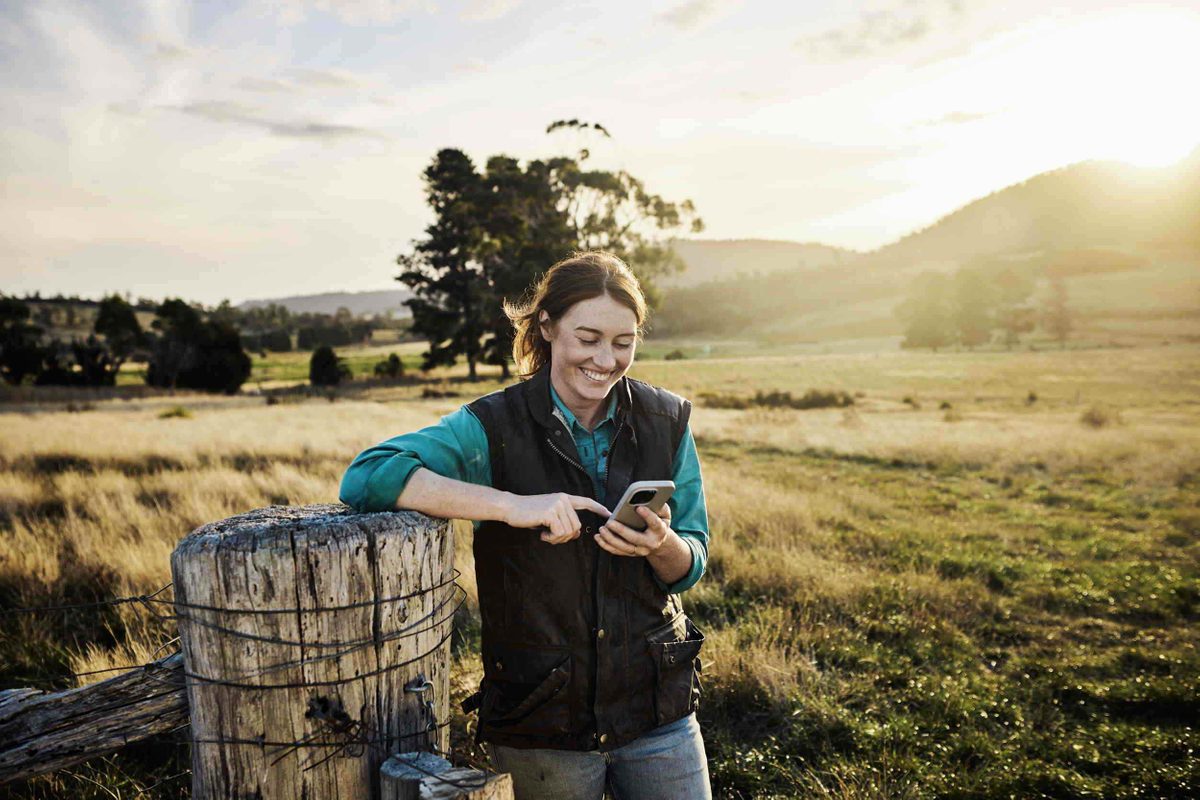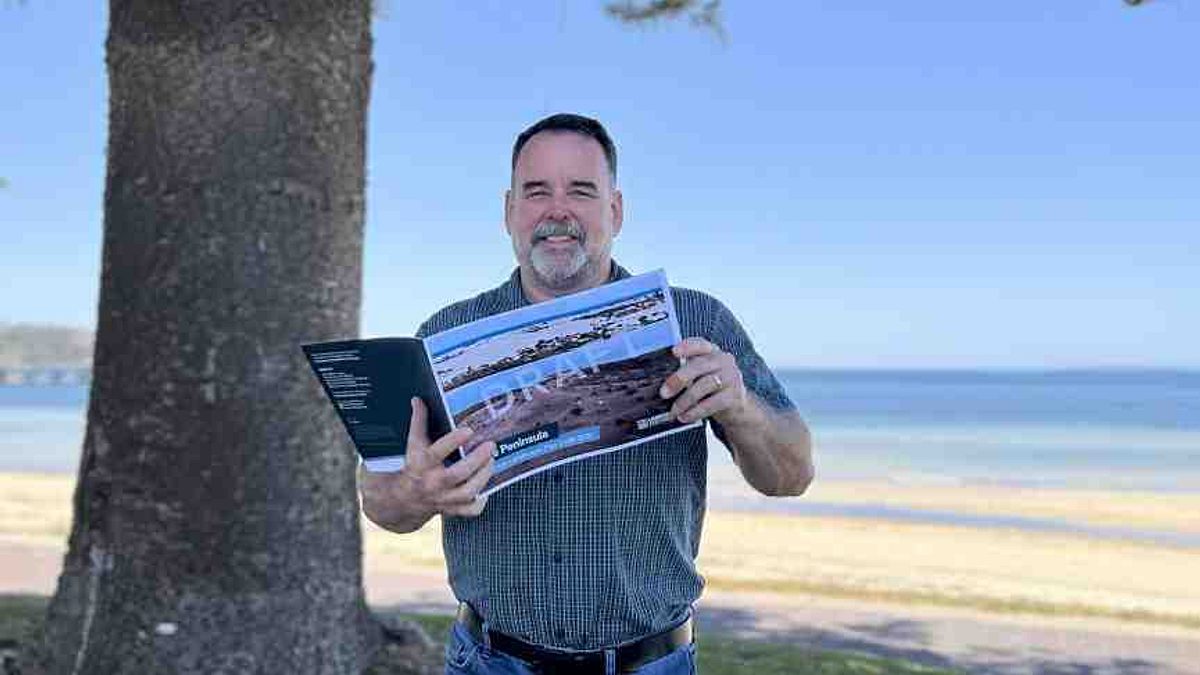Starting this month, eligible land managers can collect free fox baits and discuss their property baiting programs with Natural Resources Officers at a number of convenient locations across Western Eyre Peninsula. Natural Resources Officer Andrew Sleep says that it’s important for land managers to work strategically with neighbours to conduct fox baiting at the same time.
Starting this month, eligible land managers can collect free fox baits and discuss their property baiting programs with Natural Resources Officers at a number of convenient locations across Western Eyre Peninsula.
Natural Resources Officer Andrew Sleep says that it’s important for land managers to work strategically with neighbours to conduct fox baiting at the same time.
“Land managers bait for a variety of reasons including reducing predation on livestock, especially during lambing, as a good neighbour policy, or to protect native wildlife such as birds and reptiles on their property,” said Mr Sleep.
“Department of Primary Industries research indicates that producers who worked with neighbours in a group fox baiting program (i.e. baited at the same time) were able to increase lambing percentages by up to 20 per cent and those that baited twice a year, prior to lambing, had the greatest increase in lambing percentage."
“Other fox control methods include using guard animals such as alpacas or dogs, den destruction or fumigation, exclusion fencing, trapping or shooting but baiting is the most effective method of fox control in Australia."
The total annual cost of foxes to Australia's environment and economy is estimated to be $227 million and last year Natural Resources Eyre Peninsula distributed over 10,000 fox baits to land managers across the Western region to reduce the local fox population. This is in addition to more than 5000 wild dog baits distributed in the far west and 20,000 fox baits in the Gawler Ranges National Park.
Free fox baits can be collected at the locations listed below with dates and times of availability.
Calca – Calca Crossroads: 17 February 9:30 am
Inkster – Hulls Driveway: 17 February 12:00 pm
Chandada – Chandada Hall: 17 February 2:30 pm
Goode – Warren Beatties (farm house): 18 February 9:30 am
Wirrulla – Wirrulla Pub: 19 February 9:30 am
Nunjikompita – Nunji Hall: 19 February 11:30 am
Mudamuckla – Muddie School: 19 February 1:30 pm
Forrect – Treceina Hollitts (farm house): 20 February 9:30 am
Haslam – Haslam CFS Shed: 20 February 12:00 pm
Charra – Charra Hall: 2 March 9:00 am
Smoky Bay – Smoky Bay CFS Shed: 2 March 6:00 pm
Streaky Bay/ Sceale Bay – DEWNR Shed (opposite silos): 5 March 9:30 am
Elliston – Larry Honner’s Shed: 5 March 5:30 pm
Murdinga – Eddie Fryer’s Property 6 March 8:30am
Lock – Lock CFS Shed 6 March 5:30 pm
Penong – Westies Tennis Courts: 10 March 1:00 pm
Kaldoonera – Poochera Pub: 12 March 9:30 am
Chilpanunda – Chilpi Golf Club: 12 March 12:30 pm
Port Kenny – Port Kenny Golf Club: 18 March 5:30 pm
Land holders will need to bring a bucket with a sealed lid to collect baits or purchase one on the day.
For more information please contact Natural Resources Eyre Peninsula – Streaky Bay Office 8626 1108, Elliston NRM – 0427 261 793 (Ian), Wudinna NRM – 0448 891 082 (Luke) and Ceduna NRM –0428 252 931 (Andrew) or follow Natural Resources EP on
Twitter: @epnrm. 

